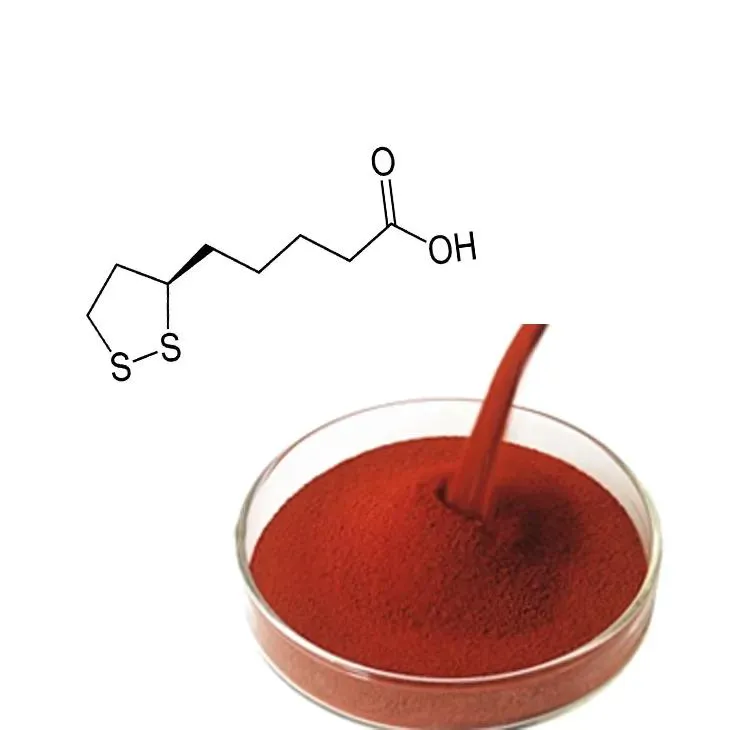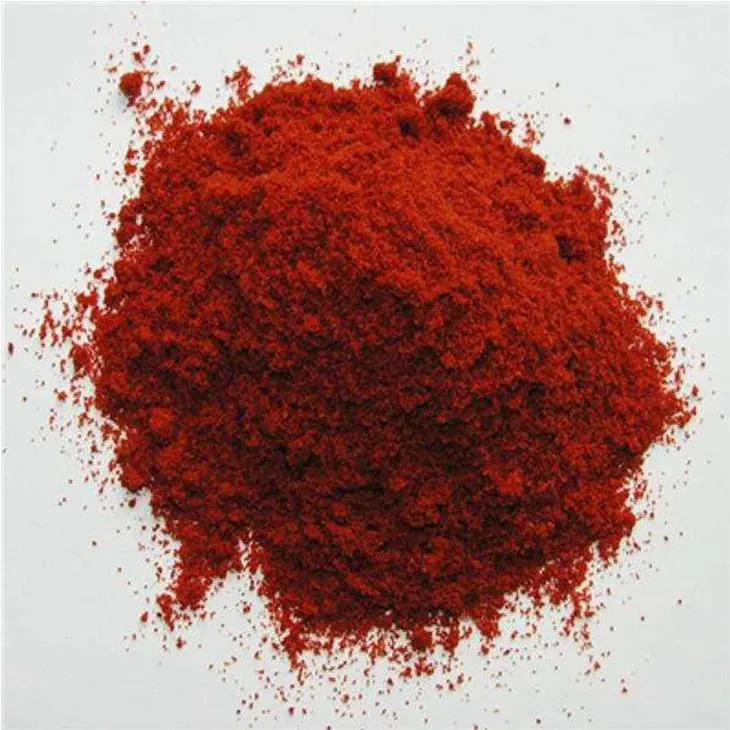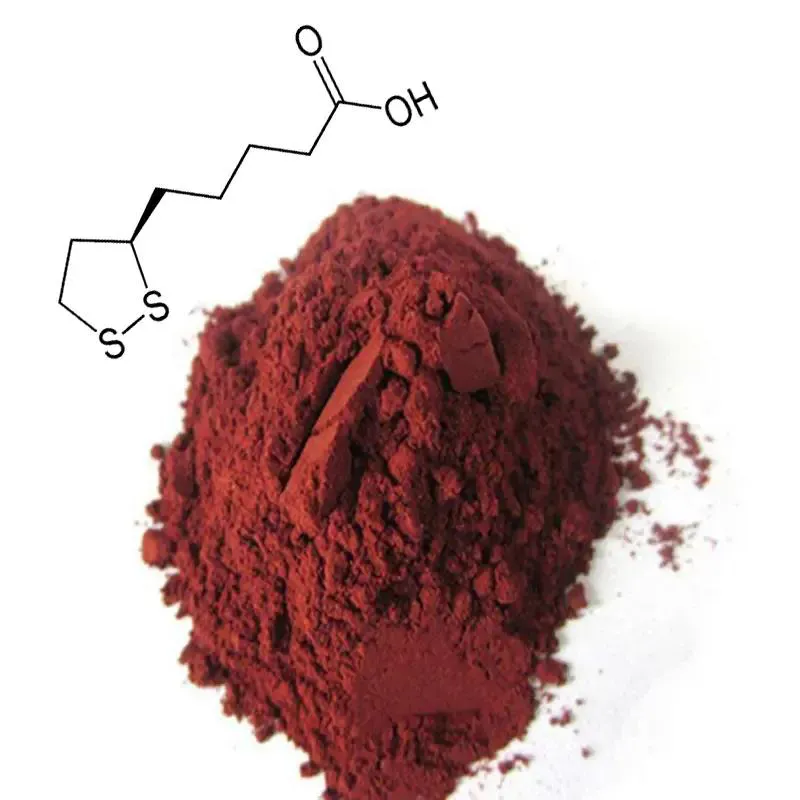- 0086-571-85302990
- sales@greenskybio.com
What Is The Function Of Astaxanthin
2025-04-02

In the realm of natural health supplements, few substances have garnered as much intrigue and admiration as Astaxanthin. Often referred to as “the king of carotenoids,” this vibrant red pigment is a powerful antioxidant found in certain algae and seafoods like shrimp, salmon, and crayfish. Renowned for its potent health benefits, Astaxanthin has become a popular supplement among those looking to enhance their well-being. But what exactly is the function of Astaxanthin, and how does it contribute to human health? This article delves into the multifaceted roles of astaxanthin in supporting and improving various biological functions.
Understanding Astaxanthin
Astaxanthin belongs to a class of pigments known as carotenoids, which are naturally occurring compounds found in plants and some animals. Unlike beta-carotene or lutein, astaxanthin has a unique molecular structure that renders it one of the most powerful antioxidants known. This unique arrangement allows it to span the cell membrane and provide protection from oxidative stress at both ends of the cell.
Unlike some other carotenoids, astaxanthin cannot be converted into vitamin A. However, it boasts a range of biological effects that contribute to health and wellness in a multitude of ways.

Antioxidant Powerhouse
The primary function of astaxanthin is its role as an antioxidant. It combats oxidative stress by neutralizing harmful free radicals that are linked to a variety of diseases and the aging process. What sets astaxanthin apart is its comprehensive ability to protect both the interior and exterior of cells, creating a robust shield against oxidative damage. Studies suggest that astaxanthin is up to 6,000 times more effective than vitamin C, 800 times stronger than CoQ10, and 550 times more powerful than vitamin E in its antioxidant capacity.
By reducing oxidative stress, astaxanthin supports cellular health, which is crucial for preventing degenerative diseases and enhancing longevity.

Support for Eye Health
Astaxanthin's strong antioxidant properties make it particularly beneficial for eye health. It helps protect the eyes from oxidative damage caused by blue light exposure from digital screens and sunlight. Research indicates that astaxanthin can help reduce symptoms of eye fatigue and improve visual acuity. Furthermore, its ability to cross the blood-retinal barrier means it can directly impact ocular tissues, potentially lowering the risk of age-related macular degeneration and other eye disorders.

Boosting Skin Health
Astaxanthin also plays a significant role in promoting skin health. It helps protect the skin from UVA-induced damage and reduces the effects of photoaging. By neutralizing free radicals and reducing inflammation, astaxanthin can improve skin elasticity, moisture levels, and overall texture. Moreover, clinical studies have found that astaxanthin may help reduce the appearance of fine lines and wrinkles, making it a popular ingredient in skincare products aiming to combat signs of aging.
Enhancing Immunity
Astaxanthin is known to have immunomodulatory effects, meaning it can help balance and support the immune system. It enhances the production of antibody-secreting cells, boosts the activity of natural killer cells, and stimulates the production of cytokines—proteins important for cell signaling in immune responses. By optimizing immune function, astaxanthin can help the body better defend against infections and diseases.
Cardiovascular Benefits
Cardiovascular health is another area where astaxanthin exerts positive effects. It aids in reducing oxidative stress and inflammation within the cardiovascular system, which are key contributors to heart disease. Astaxanthin has been shown to improve blood lipid profiles by reducing levels of LDL (bad cholesterol) and increasing HDL (good cholesterol). Additionally, it promotes healthy blood pressure and reduces the risk of arterial plaque buildup, supporting overall heart health.
Muscle Endurance and Recovery
For athletes and fitness enthusiasts, astaxanthin offers notable benefits in terms of physical performance. It enhances muscle endurance by increasing the body’s capacity to handle oxidative stress and reduce lactic acid buildup during exercise. This leads to improved stamina and a quicker recovery post-exercise, as astaxanthin helps reduce muscle soreness and inflammation.
Joint Health Support
Astaxanthin's anti-inflammatory properties extend to joint health. It may help alleviate symptoms associated with joint pain and arthritis by reducing inflammation in joint tissues. Studies have supported its role in decreasing markers of inflammation, providing relief to individuals with chronic joint conditions and enhancing mobility.
Promoting Brain Health
Emerging research indicates that astaxanthin may benefit cognitive function and protect against neurodegenerative diseases. Its ability to cross the blood-brain barrier enables it to reduce oxidative stress and inflammation within brain tissues. This neuroprotective effect could potentially lower the risk of conditions such as Alzheimer's disease and Parkinson's disease while supporting overall brain health and cognitive performance.
Conclusion
Astaxanthin, with its wide array of health benefits, stands as a powerful ally in both preventive and therapeutic health care. Its primary function as a potent antioxidant allows it to play a vital role in protecting and supporting various systems within the body—from enhancing skin and eye health to boosting immunity and cardiovascular function.
Incorporating astaxanthin as a dietary supplement can complement a healthy lifestyle, helping individuals combat oxidative stress, improve physical performance, and protect their long-term health. However, as with any supplement, it is advisable to consult with a healthcare provider to determine an appropriate dosage and ensure it aligns with individual health needs and conditions. Through such thoughtful integration, the myriad benefits of astaxanthin can be fully realized, contributing to a vibrant and healthy life.
- ▶ Hesperidin
- ▶ citrus bioflavonoids
- ▶ plant extract
- ▶ lycopene
- ▶ Diosmin
- ▶ Grape seed extract
- ▶ Sea buckthorn Juice Powder
- ▶ Beetroot powder
- ▶ Hops Extract
- ▶ Artichoke Extract
- ▶ Reishi mushroom extract
- ▶ Astaxanthin
- ▶ Green Tea Extract
- ▶ Curcumin Extract
- ▶ Horse Chestnut Extract
- ▶ Other Problems
- ▶ Boswellia Serrata Extract
- ▶ Resveratrol Extract
- ▶ Marigold Extract
- ▶ Grape Leaf Extract
- ▶ blog3
- ▶ blog4
- ▶ blog5
-
What Is Astaxanthin Supplement
2025-04-02
-
what is astareal astaxanthin
2025-04-02
-
what does astaxanthin do
2025-04-02
-
what is bioastin hawaiian astaxanthin
2025-04-02
-
What Is Astaxanthin Good For?
2025-04-02
-
Chia Seed Powder
2025-04-02
-
Curcuma Longa Extract
2025-04-02
-
Buckthorn bark extract
2025-04-02
-
Yellow Pine Extract
2025-04-02
-
Hesperidin
2025-04-02
-
Hops Extract
2025-04-02
-
Oat Straw Extract Powder
2025-04-02
-
Grape Leaf Extract
2025-04-02
-
Reishi mushroom extract
2025-04-02
-
Coix Seed Extract
2025-04-02






























